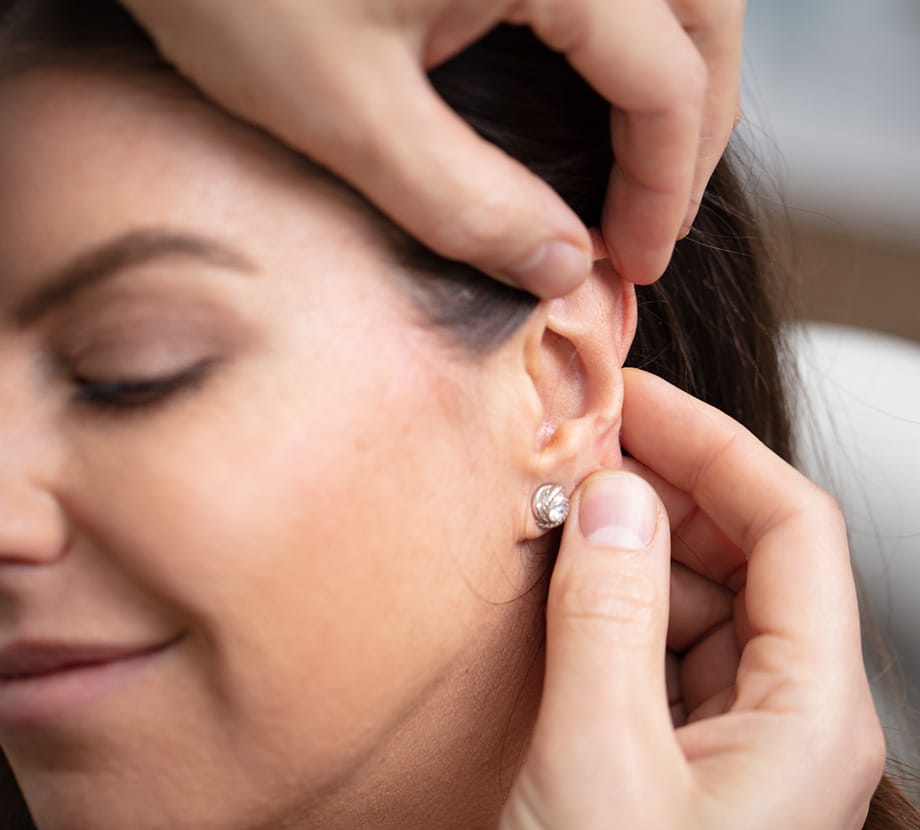When a child or adult has protruding or abnormally shaped ears, it can negatively affect their self-image. Unfortunately, when our ears are prominent or stick out, we often endure the brunt of sarcastic remarks and offensive jokes that negatively impact our mental well-being and self-esteem.
What should I avoid doing after receiving ear surgery?
- Don’t sleep on the side of your face — keep the back of your head on the pillow.
- Don’t lie down on a flat surface — keep your head elevated on pillows or a recliner for at least the first week after the surgery.
- Avoid all physical activities and work for at least 7 days after the surgery.
- Don’t stand up suddenly from a lying position — sit down for a minute, and then gently stand up. Don’t shower the day of the surgery — you can shower from the next day.
- Avoid strenuous workouts for at least 2 weeks.
- Avoid lifting heavy objects for at least 3 weeks.
- Don’t wear clothes that you have to pull over your head for at least 2 weeks.
- Don’t chew hard foods for at least 2 weeks.
- Avoid contact sports for at least 6 weeks.
How is ear surgery performed?
Otoplasty is performed as an in-office and outpatient procedure, and it usually takes 1 to 3 hours. It’s generally performed under local anesthesia with sedatives, though, in some cases, general anesthesia may be used. The specific techniques used for the surgery depend on your specific situation and requirements. However, all surgeries follow the same general outline.
The following are the steps involved in ear surgery:
- The surgeon places you under local or general anesthesia.
- The surgeon makes an incision on the back of your ear or within the folds of your ear.
- Excess cartilage or skin tissues may be removed from the ears.
- The cartilage is folded or shaped with permanent stitches according to the desired goals.
- In some cases, cartilage grafting may be used to enhance the ears.
- The incisions are closed with dissolvable sutures.
- Dressings are placed over your ears.
Can I use headphones after receiving ear surgery?
You can wear earphones after the otoplasty if approved by the surgeon. However, you should avoid wearing over-the-ear headphones for at least one month after the ear surgery. You must consult your surgeon before using headphones or earphones or wearing jewelry and other objects on your ear. At every stage of the recovery, you must consult with your surgeon to ensure you have a smooth recovery without complications.










